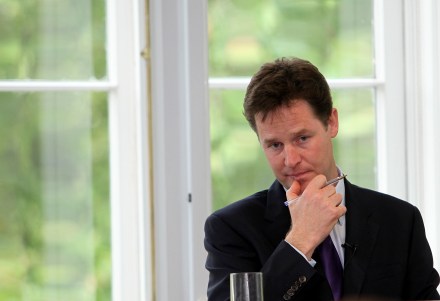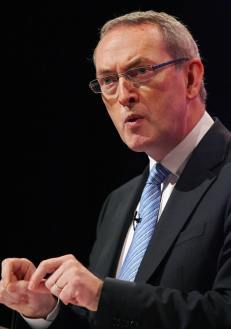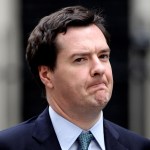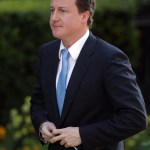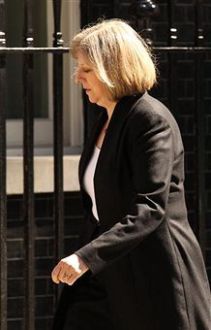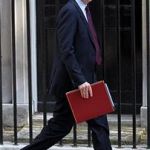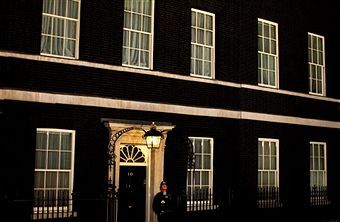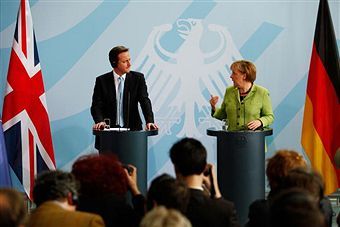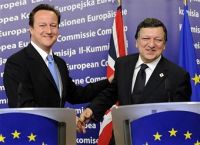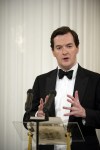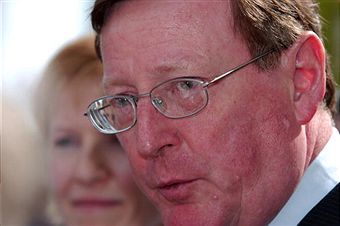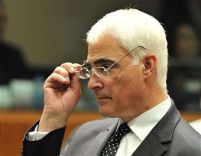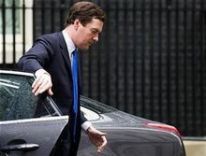Nick Clegg’s Big Week
With the cuts comes the candy: the sweet-tasting morsels which, it is hoped, will prevent tomorrow’s Budget from being too much of a collective downer for the nation. We’re already hearing that a council tax freeze will be pencilled in for next year, and you can expect a few more treats besides. National insurance, for instance, is looking like an obvious candidate. From George Osborne’s perspective, these sunnier measures will serve a two-fold purpose. Like I say, it will be hoped that they keep the public on board with the government’s project: stick with us, the message will run, and you’ll get more of this in future. But they will
